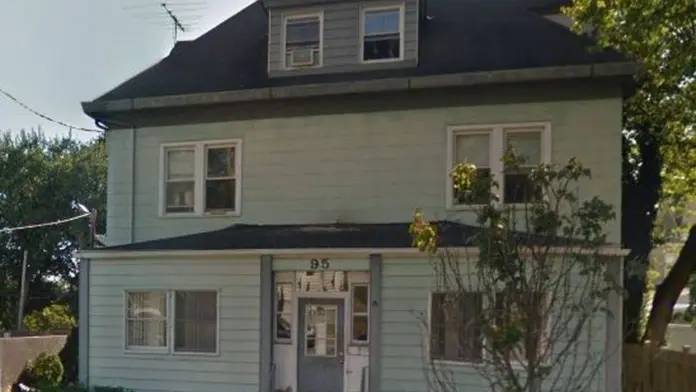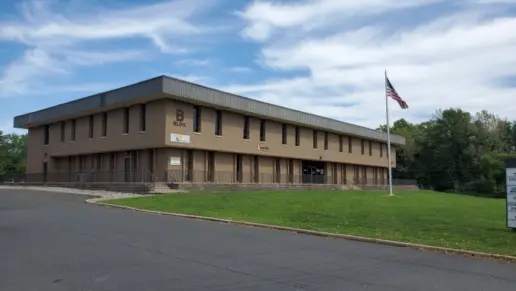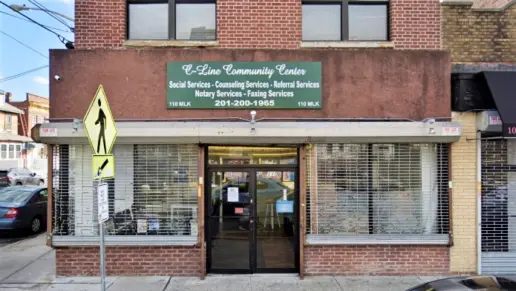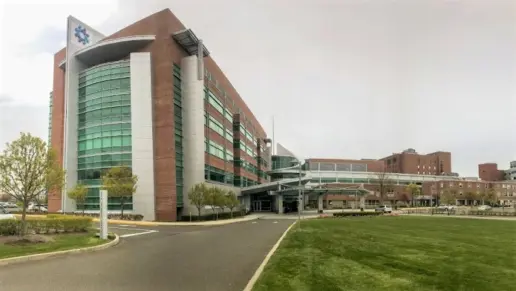About Real House, Inc. — Real House Shelter Grove Street
The Real House Shelter Grove Street is a women’s shelter based in Montclair, New Jersey that operates as part of Real House, Inc. They provide emergency housing to women experiencing homelessness, as well as job training, coping skills development, and life planning. Women may also receive treatment for alcohol or drug addiction if necessary.
The shelter is a homey place, with cozy bedrooms, spacious kitchens, welcoming living rooms, and sociable dining rooms filling the home. They’ve created a safe and comforting environment that empowers these women to stand on their own feet and change their circumstances. This shelter is open 24/7 to ensure that anyone in need can get help as quickly as possible. They’re also conveniently situated near public transportation, shopping centers, laundromats, Social Security offices, and welfare offices.
As part of the substance use treatment program, you’ll attend individual counseling sessions, women’s group therapy, and relapse prevention sessions. Their goal is to help you stabilize and become self sufficient.
Real House, Inc. has a close partnership with Helms Medical Services, LLC. This allows them to also offer primary healthcare services. You have access to onsite medical examinations, comprehensive blood work services, podiatry and gynecology services, and medical assistance with substance use disorders.
When appropriate, your healthcare provider may prescribe Subucade, Vivitrol, or Suboxone to help you manage cravings and withdrawal symptoms as you adjust to life without substances. These medications are carefully monitored and don’t produce the “high” that illicit substances do, making them a safe and effective treatment for addiction. They also reduce the effects of illicit substances, reducing your desire to use.
Rehab Score
Gallery

Location
Accepted Insurance
Other Forms of Payment
Private insurance refers to any kind of healthcare coverage that isn't from the state or federal government. This includes individual and family plans offered by an employer or purchased from the Insurance Marketplace. Every plan will have different requirements and out of pocket costs so be sure to get the full details before you start treatment.
Self-pay involves paying for treatment out of your own pocket. You can use savings or credit, get a personal loan, or receive help from family and friends to fund your treatment. If you don't have insurance or your insurance plan doesn't cover a specific program, self-pay can help ensure you still get the care you need.
Medicaid is a state based program that helps lower-income individuals and families pay for healthcare. Medicaid covers addiction treatment so those enrolled can use their coverage to pay for rehab. When a program accepts Medicaid the client often pays very little or nothing out of their own pocket.
Addiction Treatments
Levels of Care
Treatments
The goal of treatment for alcoholism is abstinence. Those with poor social support, poor motivation, or psychiatric disorders tend to relapse within a few years of treatment. For these people, success is measured by longer periods of abstinence, reduced use of alcohol, better health, and improved social functioning. Recovery and Maintenance are usually based on 12 step programs and AA meetings.
Drug rehab in New Jersey is the process of addressing the complex issues involved with addiction. Challenges are identified and addressed through individual and group counseling. Participants learn how to manage these issues without the use of substances.
Many of those suffering from addiction also suffer from mental or emotional illnesses like schizophrenia, bipolar disorder, depression, or anxiety disorders. Rehab and other substance abuse facilities treating those with a dual diagnosis or co-occurring disorder administer psychiatric treatment to address the person's mental health issue in addition to drug and alcohol rehabilitation.
Opioid rehabs specialize in supporting those recovering from opioid addiction. They treat those suffering from addiction to illegal opioids like heroin, as well as prescription drugs like oxycodone. These centers typically combine both physical as well as mental and emotional support to help stop addiction. Physical support often includes medical detox and subsequent medical support (including medication), and mental support includes in-depth therapy to address the underlying causes of addiction.
Substance rehabs focus on helping individuals recover from substance abuse, including alcohol and drug addiction (both illegal and prescription drugs). They often include the opportunity to engage in both individual as well as group therapy.
Programs


Clinical Services
Group therapy is any therapeutic work that happens in a group (not one-on-one). There are a number of different group therapy modalities, including support groups, experiential therapy, psycho-education, and more. Group therapy involves treatment as well as processing interaction between group members.
During individual therapy for drug addiction, patients receive a customized and tailored approach to understanding their unique circumstances and providing them with targeted interventions. These include coping skills, relapse prevention plans, and developing resilience, all of which are essential for long term recovery.
Trauma therapy addresses traumatic incidents from a client's past that are likely affecting their present-day experience. Trauma is often one of the primary triggers and potential causes of addiction, and can stem from child sexual abuse, domestic violence, having a parent with a mental illness, losing one or both parents at a young age, teenage or adult sexual assault, or any number of other factors. The purpose of trauma therapy is to allow a patient to process trauma and move through and past it, with the help of trained and compassionate mental health professionals.
Staff

CEO

CFO

Human Resource Director

Director of Clinical Services/Administrator

Director of Clinical Services/ Intake

Shelter Director
Contact Information
95 Grove Street
Montclair, NJ 07042



